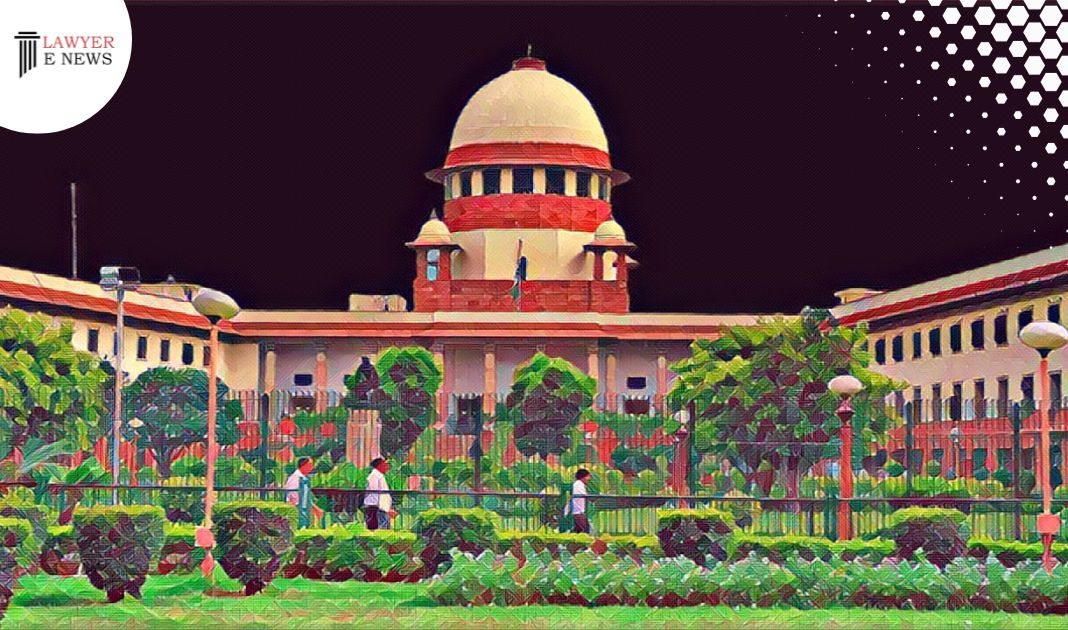-
by sayum
17 February 2026 8:32 AM



In a significant ruling, the Supreme Court of India, comprising Justices Abhay S. Oka and Sanjay Karol, dismissed an appeal filed by the State of Himachal Pradesh in a dispute over the status of an evacuee property. The judgment delivered on July 19, 2023, brought attention to the State's actions and its repercussions.
The case (Civil Appeal No. 6168 of 2016), titled "State of Himachal Pradesh & Ors. vs. Meer Baksh & Ors.", revolved around the property held by Sultan Mohammad, the predecessor-in-title of the respondents. The appellant-State contended that the property was an evacuee property as per Section 2(f) of the Administration of Evacuee Property Act, 1950, claiming that Sultan Mohammad was an evacuee under Section 2(d) of the same Act.
However, the Court highlighted an essential aspect in its judgment, stating, "After having perused the judgment of the learned Single Judge, we find the learned Judge has held that it was categorically admitted by the State in its reply that the said Sultan Mohammad never left for Pakistan." This admission was crucial as it established that Sultan Mohammad had never left India, making him ineligible to be considered an evacuee under the 1950 Act.
Despite the undisputed position and a candid concession made by Mr. V.S. Chauhan, the learned Additional Advocate General representing the State, the appellant-State chose to appeal against the orders of the learned Single Judge and the Division Bench of the High Court. The Court was not oblivious to the State's stance and disapproved of the decision, emphasizing that such actions must be deprecated.
Consequently, the Supreme Court upheld the findings of the lower courts, affirming that the property held by Sultan Mohammad was not an evacuee property under the 1950 Act due to his continued residence in India until his passing. The Court also imposed a cost of Rs. 25,000/- on the appellant-State, directing them to pay the amount to the Writ Petitioners before the High Court within two months.
This judgment serves as a reminder of the significance of transparency and adherence to legal principles. The Court's reprimand against the State's unwarranted appeal underscores the importance of responsible legal action and its impact on the judicial system.
Date of Decision: July 19, 2023
STATE OF HIMACHAL PRADESH & ORS. vs MEER BAKSH & ORS.
